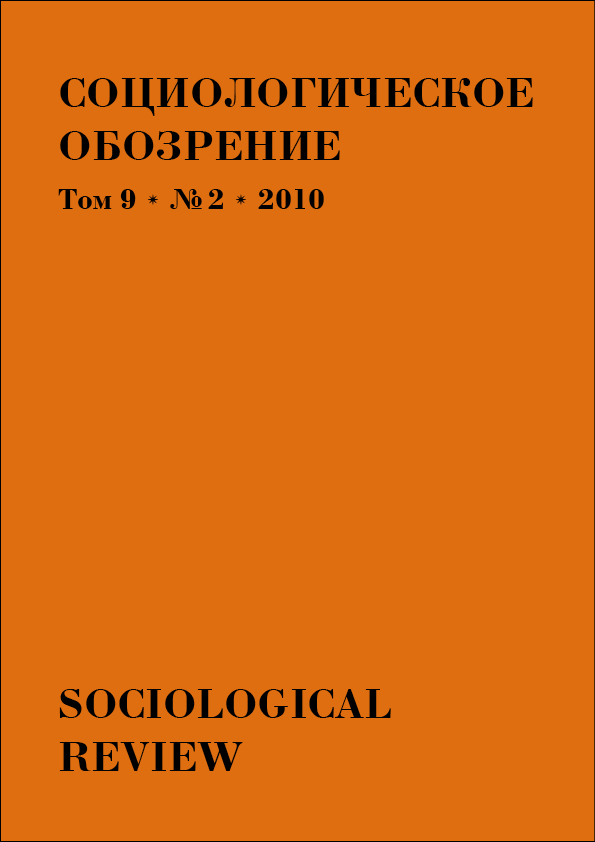Steve Sherwood. Seeker of the Sacred: A Late Durkheimian Theory of the Artist
Keywords:
cultural sociology, new theory of the artist, totemic principle, collective representations, collective consciousness, force, mana, immanent model of the soul, transcendent model of the soul
Abstract
Steeve Sherwood proposes a new theory of artists and criticizes the mainstream approaches of contemporary sociology of art (for instance, those which ground on the ideas of P. Bourdieu, H. Becker, G. Pollock and G. Kubler) for avoiding theoretical discussions. He attempts to improve the situation and uses the Durkheim’s classical “The Elementary Forms of the Religious Life” as a theoretical ground for the discussion of artist’s person. New theory bases on the analysis of relations between art work and artist in a similar way to the relations between totem and members of the tribe. Sherwood argues that art work embodies sacred power and artist is continuously seeking for this power and that is why Sherwood uses the Durkheimian concept of soul.Downloads
Published
2011-03-06
How to Cite
ГрибоваЕ. (2011). Steve Sherwood. Seeker of the Sacred: A Late Durkheimian Theory of the Artist. Russian Sociological Review, 9(2), 92-98. Retrieved from https://cfjournal.hse.ru/index.php/sociologica/article/view/390
Issue
Section
Untitled section




